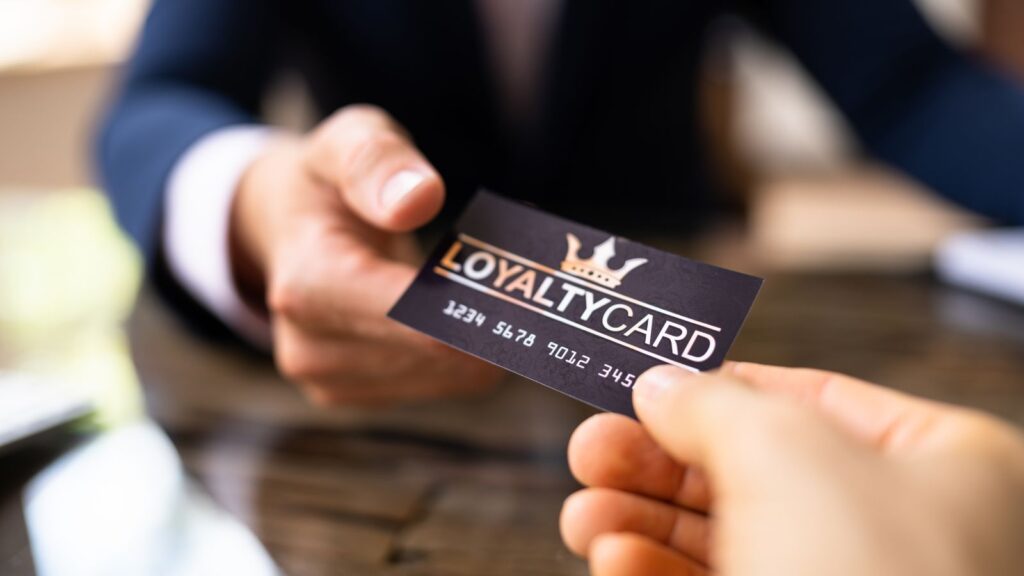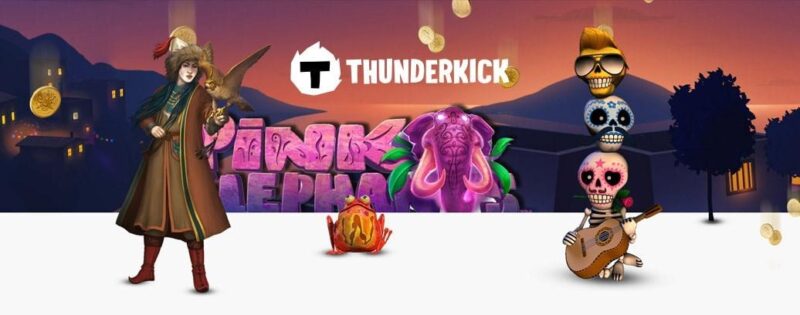
Most loyalty programs have had the same trend over the years; points, discounts, and plastic cards without an end. Today, however, brands are becoming smarter and more interactive in providing customers with tokenized loyalty points as a reward of customer commitment. This approach uses blockchain to enable users to acquire digital tokens that they can hold and spend on different platforms instead of the usual points. This approach is not as archaic or full of marketing hype as the old system was – instead it is created to offer real value.
The Shift to Real Ownership
In a regular loyalty system, you have points, which are stored in a database managed by the company.. These points can become outdated or devalued once the brand switches its system, and can even be lost. The reverse occurs with tokenized rewards. The tokens are kept in the customers’ digital wallets, who are the owners of the property. The tokens may be anything: discounts, event tickets, or even collectibles that gain value with time.
As all information is stored in an open blockchain, users can check the issuance and expenditure of their rewards. This openness assists in regaining trust between the businesses and the consumers, particularly in an age where buyers are intolerant to ambiguous terms and conditions on the companies’ websites.
The Appeal of Tokens to Brands
The big brands are understanding that blockchain is not a gimmick and can also be a customer-engagement technique. Instead of providing fixed points, rewards may be converted into real-life bonuses and built as dynamic ecosystems. As an illustration, a coffee chain may offer tokens that may be redeemed to buy beverages and special experiences, like virtual shows or product demonstrations.
Blockchain also does not create backend headaches. The transactions are fastened, the history is verifiable and cross-brand alliances are facilitated. Imagine getting tokens as a reward in your gym and spending them in the health café on the street.
How It Works: Turning Points into Tokens
The implementation of tokenized loyalty programs is technically done through smart contracts, which are self-executing codes that automatically process transactions. Once a purchase is made, a smart contract can send tokens directly to your wallet.
Customers do not need to open tickets with customer support. They do not need to track them manually. Everything is automated and transparently documented. This lessens not just fraud but also operating costs, making it feasible for both new businesses and global companies.
The place of Blockchain Gaming
One of the best ways to test loyalty programs using tokens is in blockchain-powered gaming. Gamers are used to getting digital rewards, and they are usually provided in one game or publishing system. Tokenization changes that. The tokens are earned by a player when he or she completes in-game challenges, and can be exchanged on different platforms. This would make it appear that players actually own the tokens.
As an example, doing a task can yield tokens that can be redeemed in another game or even in the real world. This portability makes the closed loop of loyalty open to the reward marketplace. It also educates users on the value exchange process with blockchain technology, making it simple and enjoyable.
A Lesson in Loyalty Dynamics in Gambling
The rise of cryptocurrency gambling is interesting. It has demonstrated how token-based ecosystems can foster engagement. Crypto casinos provide their customers with tokens, usually bonuses or cashback, which also allow customers to bet in micro-betting. They’re basically loyalty tokens, and you can redeem them right then and there. This creates a cycle where you’re more likely to keep buying the product.
Blockchain makes it easy to see the odds, payouts, and reward structures. This gets rid of a lot of the distrust that is common in traditional online gambling. Mainstream brands are now attempting this model of instant, verifiable rewards. It shows the ability of decentralized systems to attract users and provide flexibility and control.
The Virtue of Simplicity
The user experience should be smooth in tokenized loyalty. The customers do not have to know about blockchains, wallets, and gas prices to get involved. Effective brands hide their technical sheets under simple, user-friendly design, e.g., QR codes, mobile apps, or simple connection buttons.
The most convenient ones must turn tokens into loyalty points that are more enhanced instead of cryptocurrencies. An example of this is the Odyssey program by Starbucks, which is based on the technology of blockchain but is represented with usual images and activities. Journey stamps (NFTs) are awarded to users and can be redeemed to get perks without using a crypto wallet.

The Media’s Changing Tone
Even mainstream sources such as CCN are no longer focused on the hype-driven token projects but real-world blockchain applications. The discussion has matured. The question that journalists are posing now is, “How can blockchain be used to improve everyday life?”
The media is changing its mindset about the sustainable business of blockchain, particularly when brands demonstrate that blockchain has the ability to simplify the daily reward processes. The less obtrusive and more useful such systems are, the more long-term believability they will have with consumers, who have now grown skeptical of pomp in the online environment.
Real Rewards, Real Interaction
The technology is not special in terms of tokenized loyalty, but rather the behavior itself that is encouraged. Tokens enable people to feel that they are valued and appreciated. Tokens may be traded, accumulated or offered as a favor, and communities may be formed around a common brand experience.
Companies benefit, too. As every token transfer is recorded in the blockchain, businesses can gain a lot of insights into the way their users interact with their products, the most popular products, the most successful campaigns, and the collaborations that are most popular among their followers. It is intrusion-free real-time analytics.
The Road Ahead
Loyalty is more rewarding than ever, and is more open and fair. Brands, games, and communities are being dismantled by tokenized systems. It can be a fashion brand where people can receive rewards by shopping sustainably or a game site where a gamer can turn the success in the game into money. The idea of digital loyalty has shifted.
With the blockchain, the tokenization of rewards brings the tokens’ usage into the real world. Hype is disappearing and that is good. What we’re left with is a smart system based on value and transparency. Finally, loyalty is not concerned with tricks, but genuine association.


